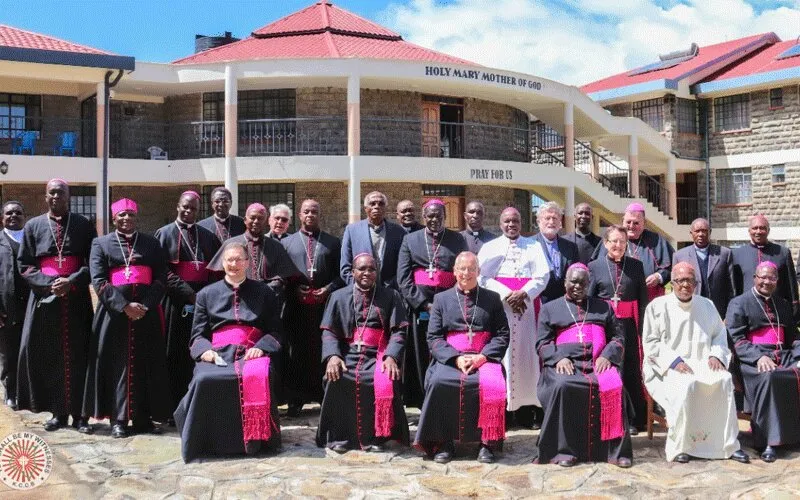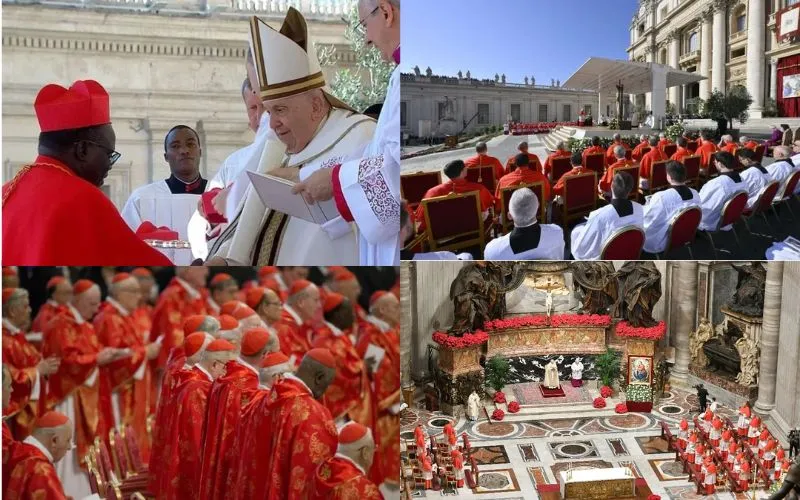The amendment to the executive, the Catholic Bishops in Kenya say, “could be creating the same problem it set out to solve. It is very important to stick to the principle of separation of powers, for it is the backbone of democracy.”
A bloated Parliament that will see the membership of the Senate increase from 67 to 94 and that of the National Assembly from 349 to 360 members is an issue of concern for KCCB members who consider the move to expand the legislature a “huge burden to the taxpayers of this Country who are reeling with a huge wage bill supporting the present numbers of legislators.”
“There is no reason why we should have such a large number of legislators,” they say in their seven-page statement, and add, “We do not want more government, but better government.”
In their statement titled, “A call to build a united, healed and reconciled nation,” the Prelates express their concerns about the proposal to have the members of the Independent Electoral and Boundaries Commission (IEBC) appointed by political parties, noting that such a move is a “dangerous one since it will politicize IEBC hence compromising its independence.”
BBI report’s proposal “will turn IEBC into a political outfit with partisan interests. The question will arise on how fair the elections will be,” KCCB members say in their November 12 statement signed by 24 members.
The attempt to have formation of a Kenya Police Council headed by the Cabinet Secretary of Interior with four other members, replacing the Independent Policing Oversight Authority (IPOA) is a “move that is likely to make Kenya a police state and compromise the independence of the police from the Executive,” the Bishops in Kenya say.
Amid calls for a referendum to vote on some of the BBI report’s constitutional proposals, KCCB pose, “In the wake of the persisting effects of the COVID-19 pandemic that has hit families across the country, is this the time to subject Kenyans to heightened political activity to undertake fundamental constitutional reforms?”
They add, “Hit by COVID-19 pandemic, with the economy affected, does the country have the funds needed to carry out a referendum before 2022, 18 months before the general election, a process that also requires money?”
“Can the country afford to spend its very limited resources in a referendum when there is a struggle in the education and health sectors to provide for urgently needed support due to the effects of COVID-19 pandemic?” KCCB members further probe.
In the Bishops’ considered view, BBI report’s proposals that require constitutional amendments through a referendum need to “be separated and handled as a cluster to which Kenyans will be subjected, for their input through a ballot.”








